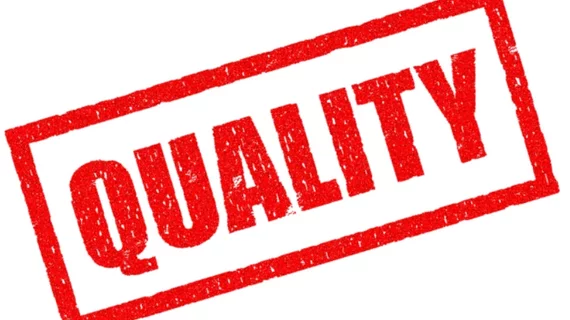Researchers examine decision-making behind medical device recalls
When a medical device is recalled, the “why,” in the most general terms, is obvious—something is defective. But new research further examines what goes into recall decisions, finding product managers often rely on physicians to find problems with devices. Additionally, device suppliers can be less likely to issue a recall until the cause of the defect is discovered, which can reduce recall costs.
The research—led by George Ball, an assistant professor of operations and decision technologies at the Kelley School of Business at Indiana University in Bloomington—was published online Aug. 7 in the Journal of Operations Management.
The researchers conducted a behavioral experiment with 167 product managers from a major medical device firm. They then performed two replication studies with 986 individuals from a crowdsourced digital marketplace.
“We [found] that a physician's ability to detect a defect prior to product use decreases the likelihood to recall, while a manager's understanding of the root cause of the defect increases the likelihood to recall,” Ball et al. wrote. “In a second study, we [found] that perceived patient customer harm and perceived cost of the recall both mediate the relationship between defect detectability and recall likelihood, but that harm is more influential than cost.”
The product managers also valued knowing the cause of a defect. Recalls can be damaging, both to manufacturers and product managers, so the tendency is to fully understand their causes before taking significant action.
“[M]ost of these managers are very technically oriented, and they want to know 'why' before they take an action that could be very costly both in direct financial consequences and in reputational harm,” said Rachna Shah and Karen Donohue, with the Carlson School of Management at the University of Minnesota in Minneapolis. “Waiting to understand root cause before choosing to recall, however, is not required by the FDA.

